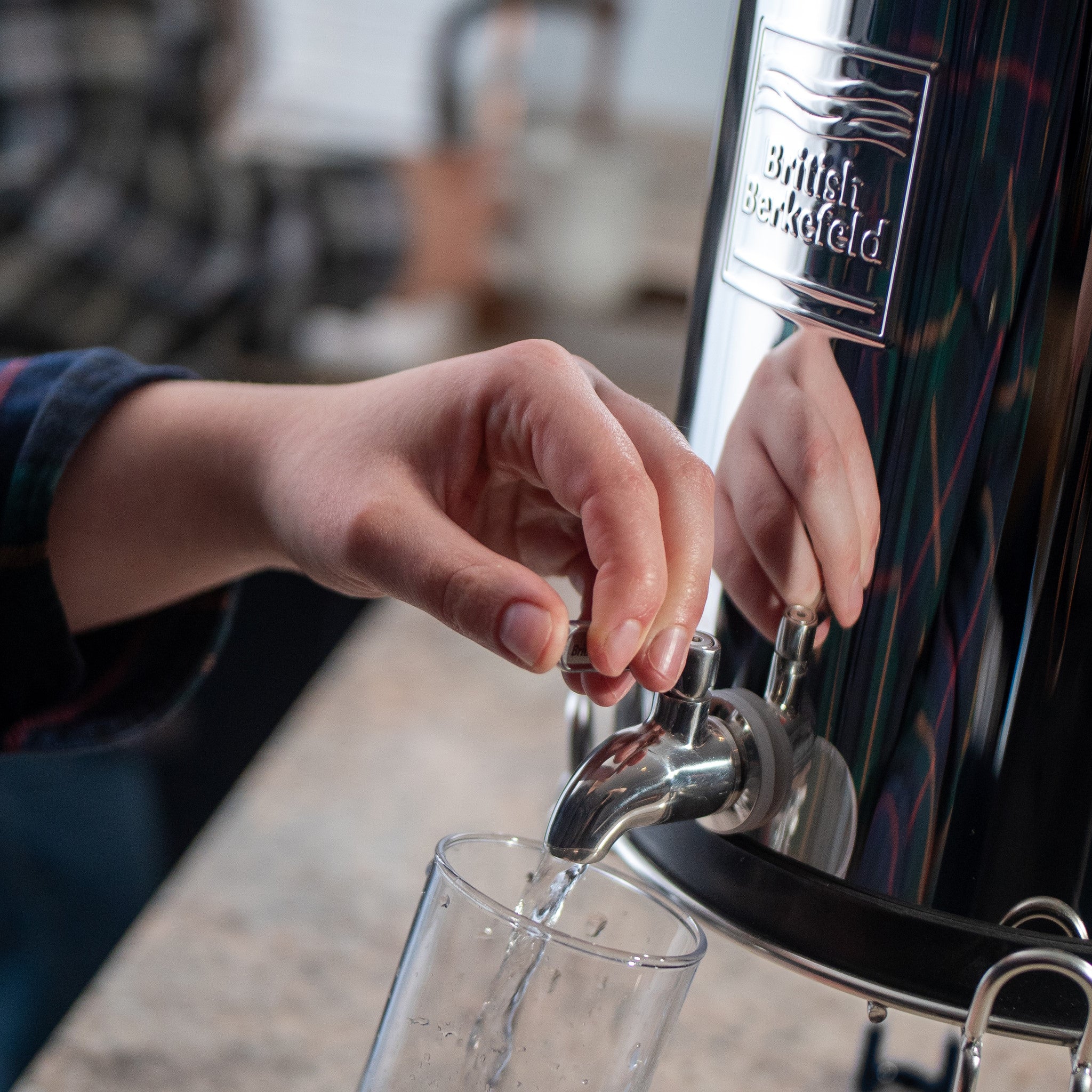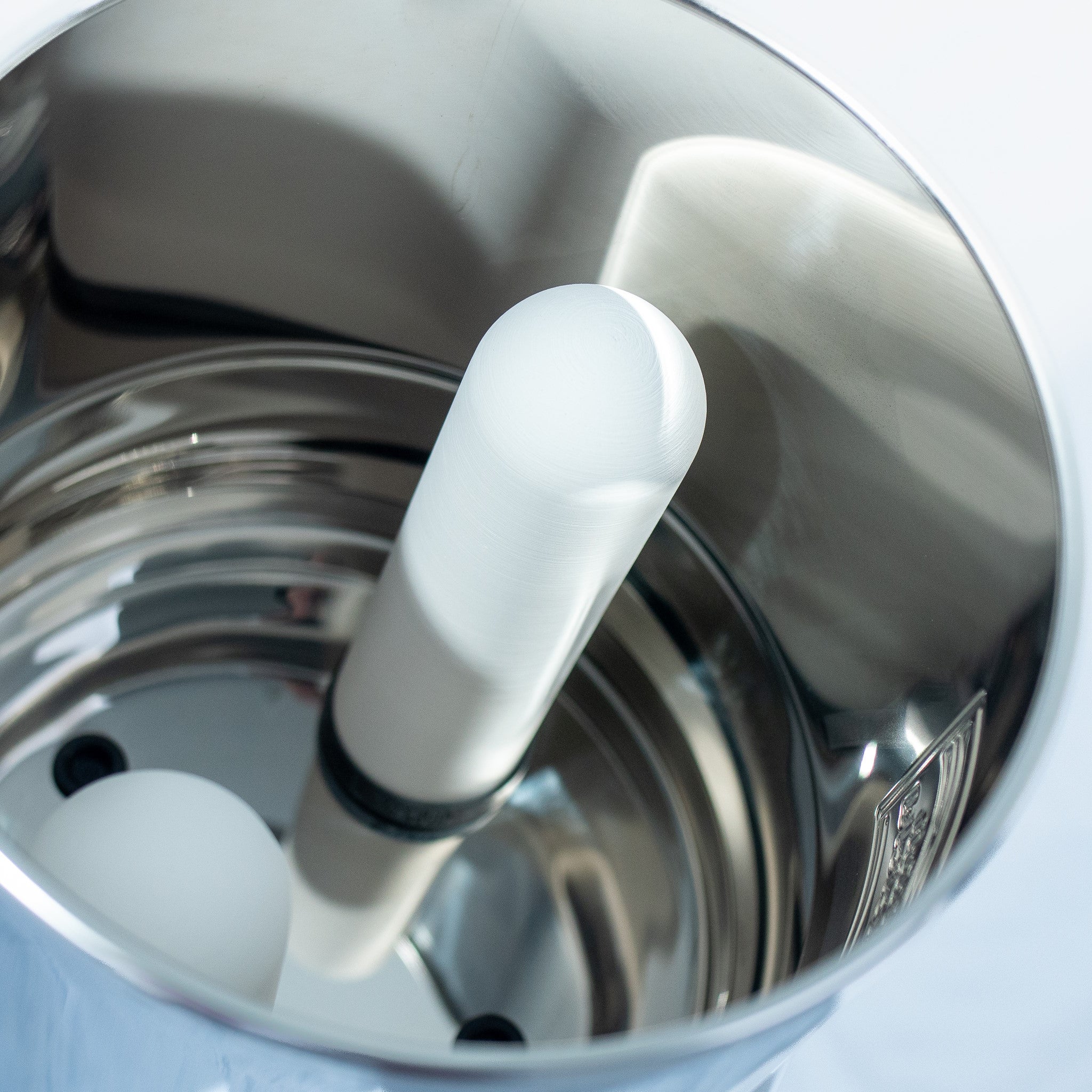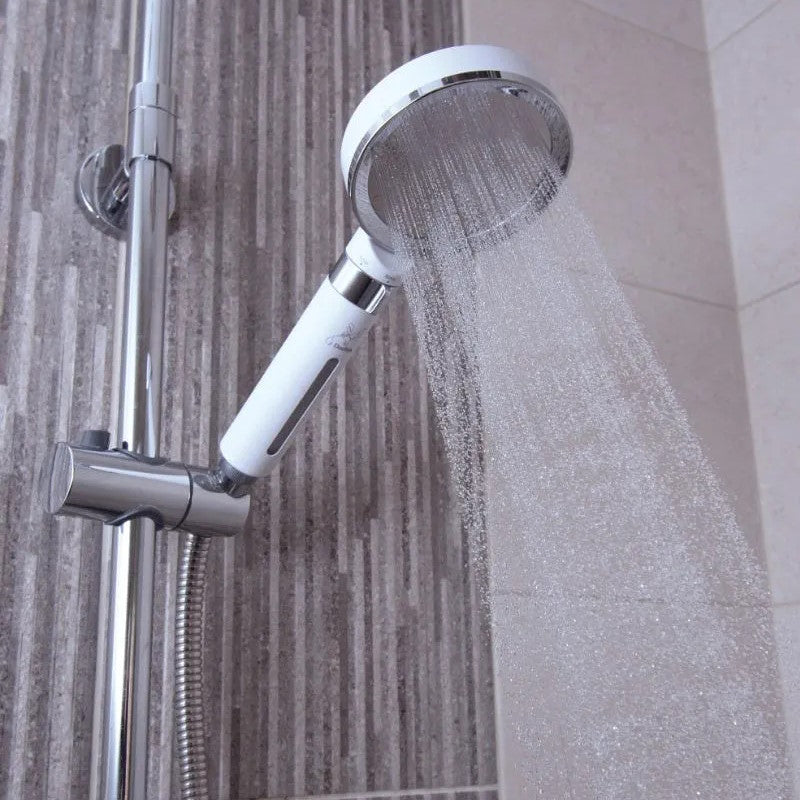Warnings about dehydration go hand-in-hand with health advice but why exactly is it so important to wellbeing? Water really is the elixir of life - the body can survive much longer without food than without water. It is water that keeps our bodies functioning
While dehydration can itself felt even in the early stages if it becomes severe there is a risk it could prove fatal.
Why is dehydration so dangerous?
Fluids help the blood to move around the body taking oxygen to vital organs. When the body becomes severely dehydrated it can cause low blood pressure, removing the body’s ability to adequately move blood around. If the vital organs do not receive enough oxygen they begin to fail
Serious problems also arise when dehydration upsets the levels of electrolytes in the body, such as sodium and calcium. Water is essential to maintain the correct levels of electrolytes, which send signals to cells around the body to control functions such as muscle movement and temperature control.
If the levels are disrupted and incorrect signals sent this can cause heart arrhythmia, seizures, or a coma.
What causes dehydration?
Dehydration is caused when the body loses more fluid than it takes in. This is usually through people not drinking water frequently enough or rapidly losing fluids through sickness and diarrhoea.
Some people are more susceptible to suffering from dehydration. These include:
-
The elderly - who may not be aware they need to drink more water
-
The young - water makes up more of their body and they may also not always be able to say that they are thirsty.
-
People suffering from conditions are also more likely to become dehydrated as are people taking medications that can cause dehydration as a side effect.
Exercise and hot weather can also speed up the loss of fluid from the body and need to be accounted for by drinking more water.
Signs of dehydration
- Fatigue
- Thirst/ dry mouth
- Dark urine and going to the toilet less frequently
- Dizziness
- Headache
More serious symptoms include:
- Feeling confused
- Weak or rapid pulse
- Lasting dizziness
Treatment for dehydration
Caught early enough dehydration can be treated by drinking adequate levels of water. Taking an oral rehydration solution will also help to rebalance electrolytes. In cases of severe dehydration, it is important to seek urgent medical help as the patient will quite possibly need to be given fluids intravenously.
Drink water to beat dehydration
Of course, where possible, it is best to take steps to ensure you remain hydrated. If you enjoy exercising stay hydrated throughout the week when you feel the signs of dehydration that means it has already become an issue, topping up fluids regularly is the best way to avoid that. Likewise, make drinking filtered water regularly a part of your routine so your body remains well hydrated. When suffering from a stomach bug it is harder to stay hydrated but sipping fluids frequently can help. Regularly drinking filtered water is a simple way to help protect your body from dehydration.










